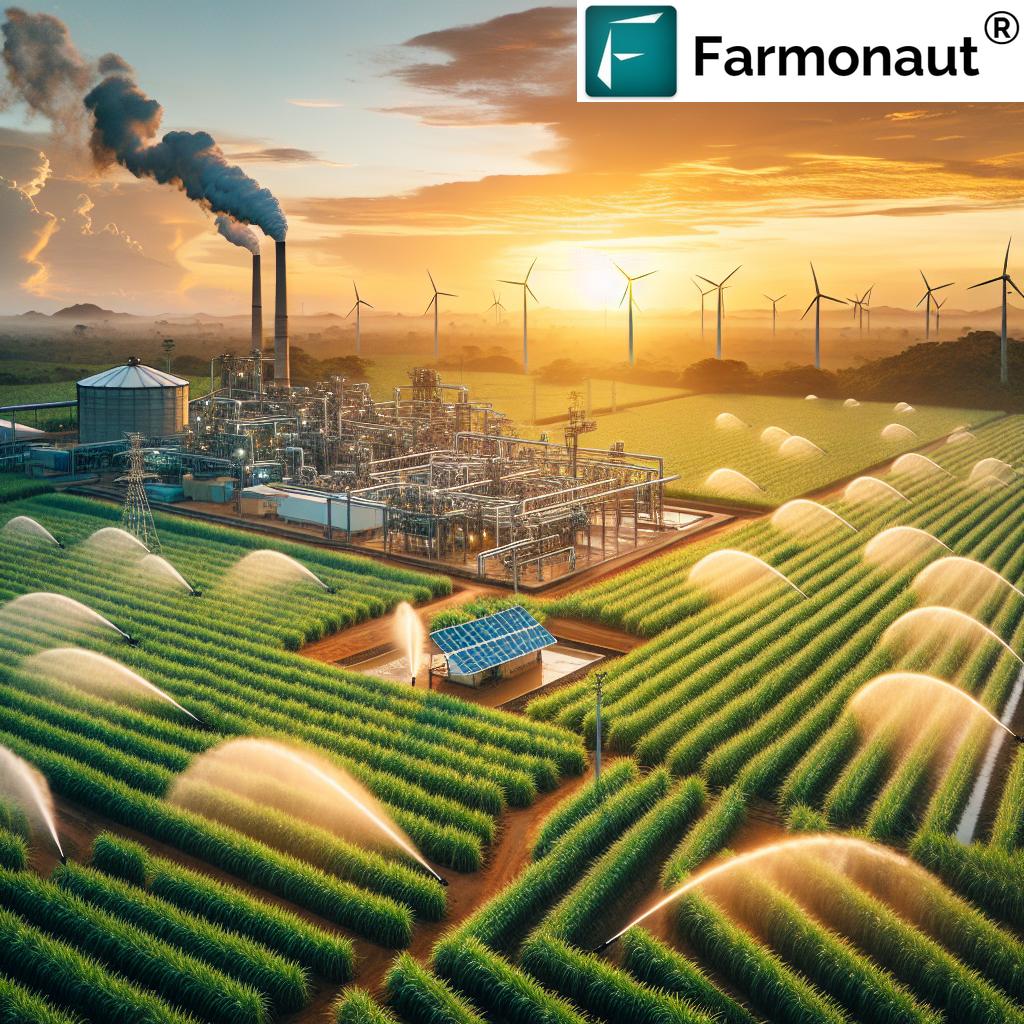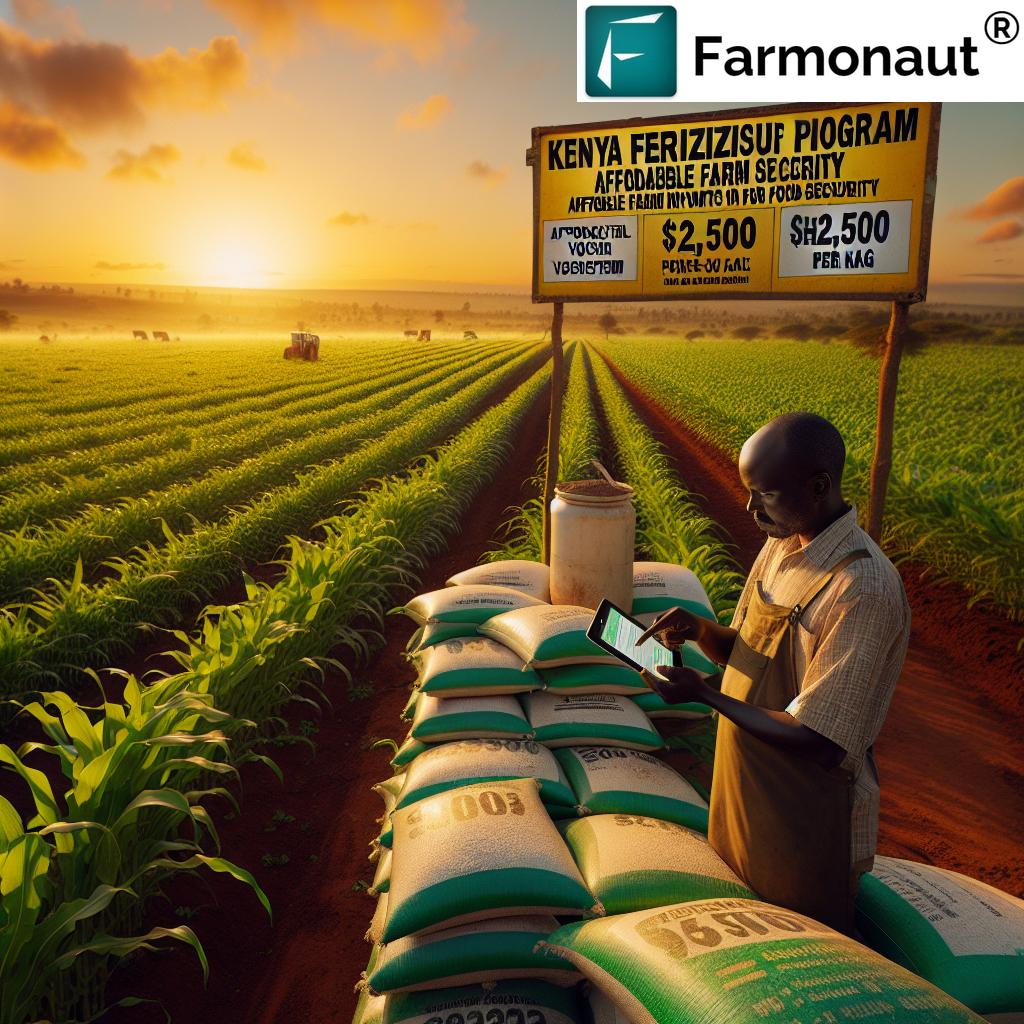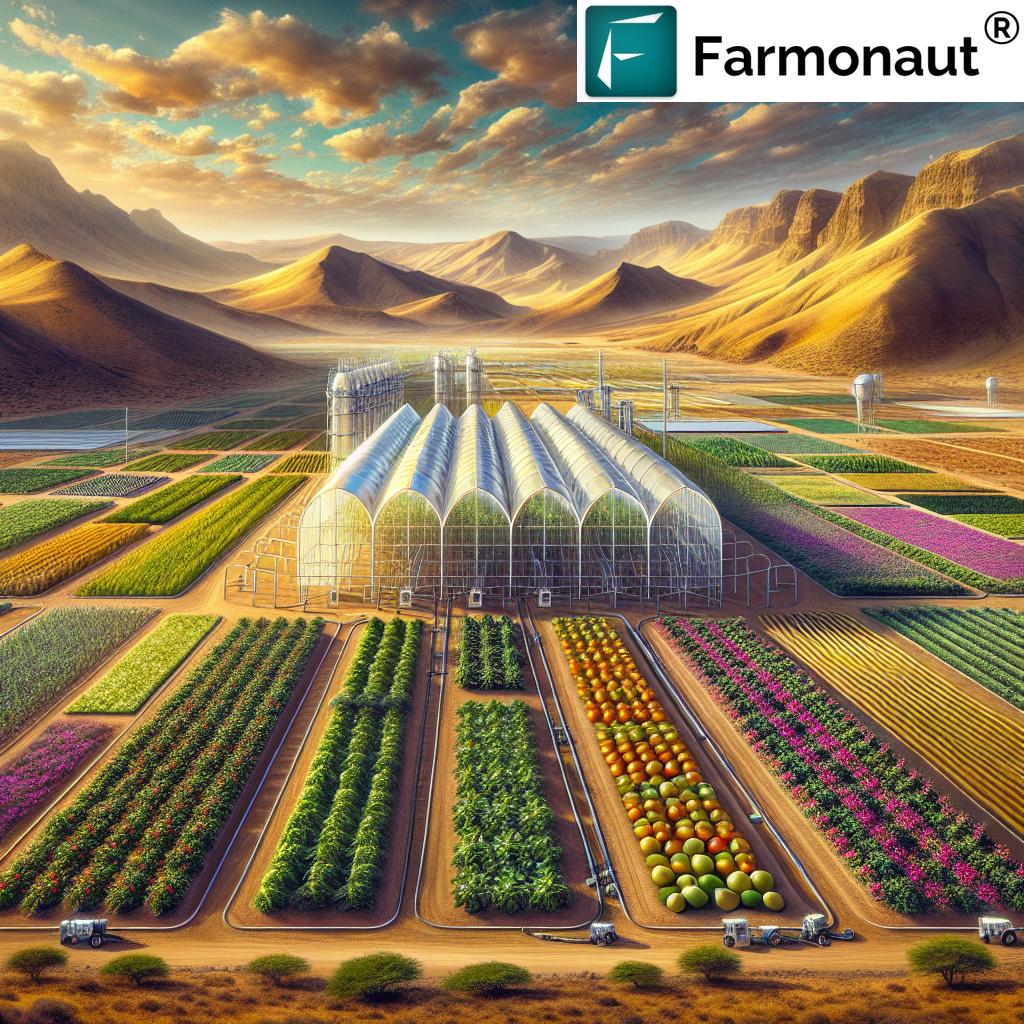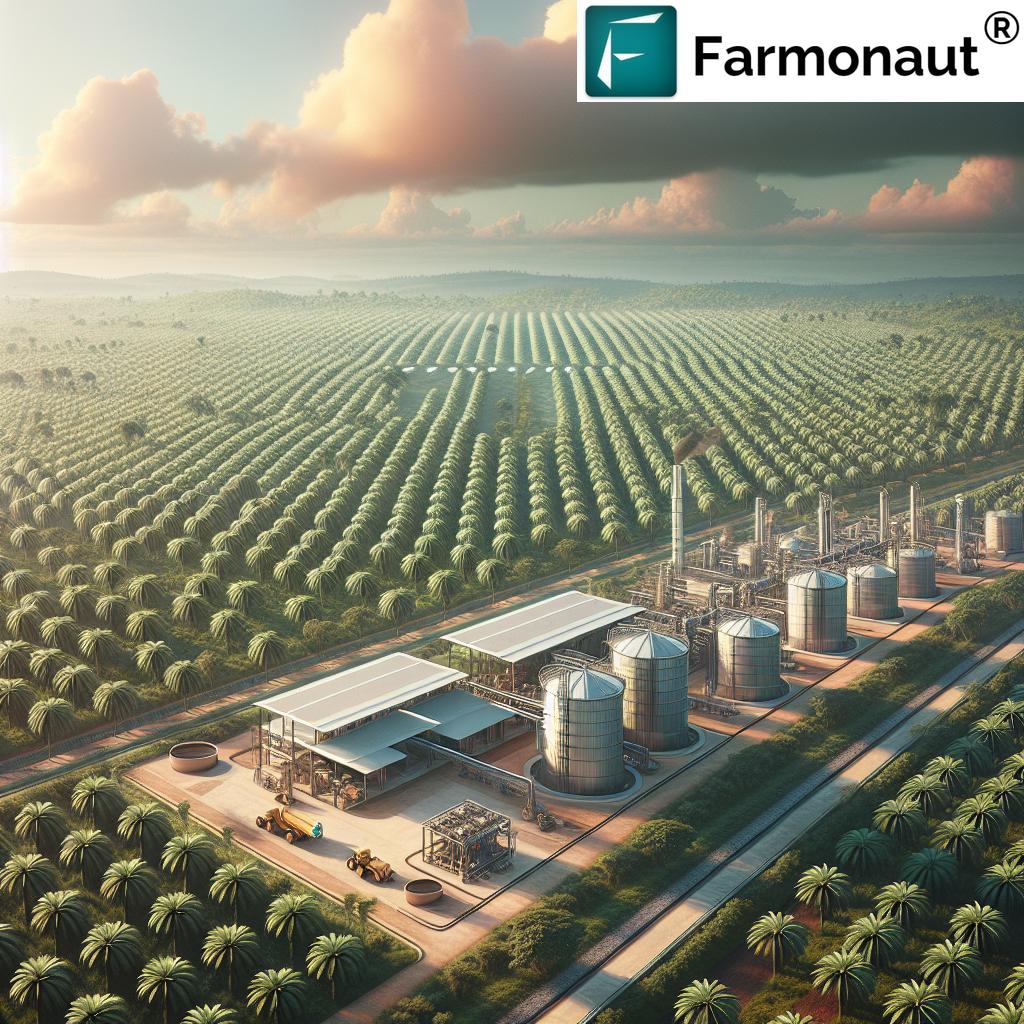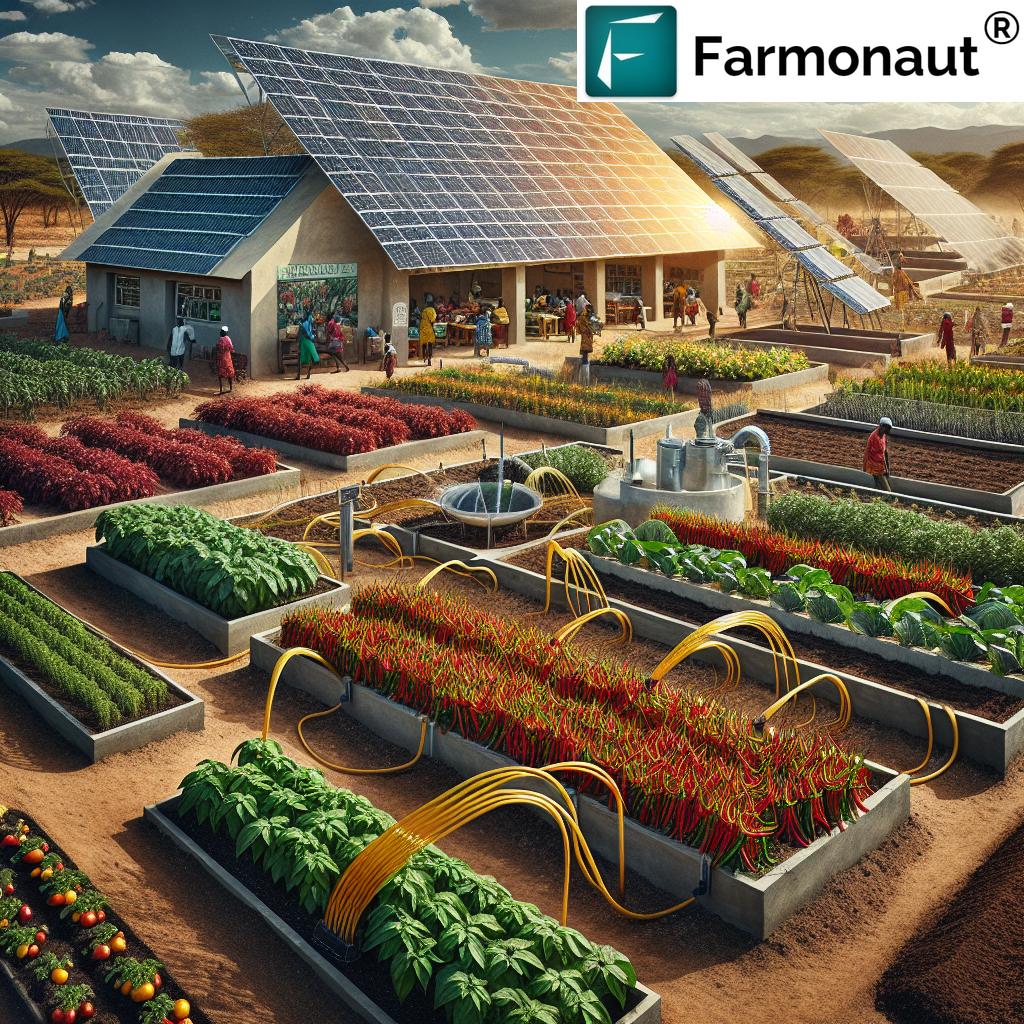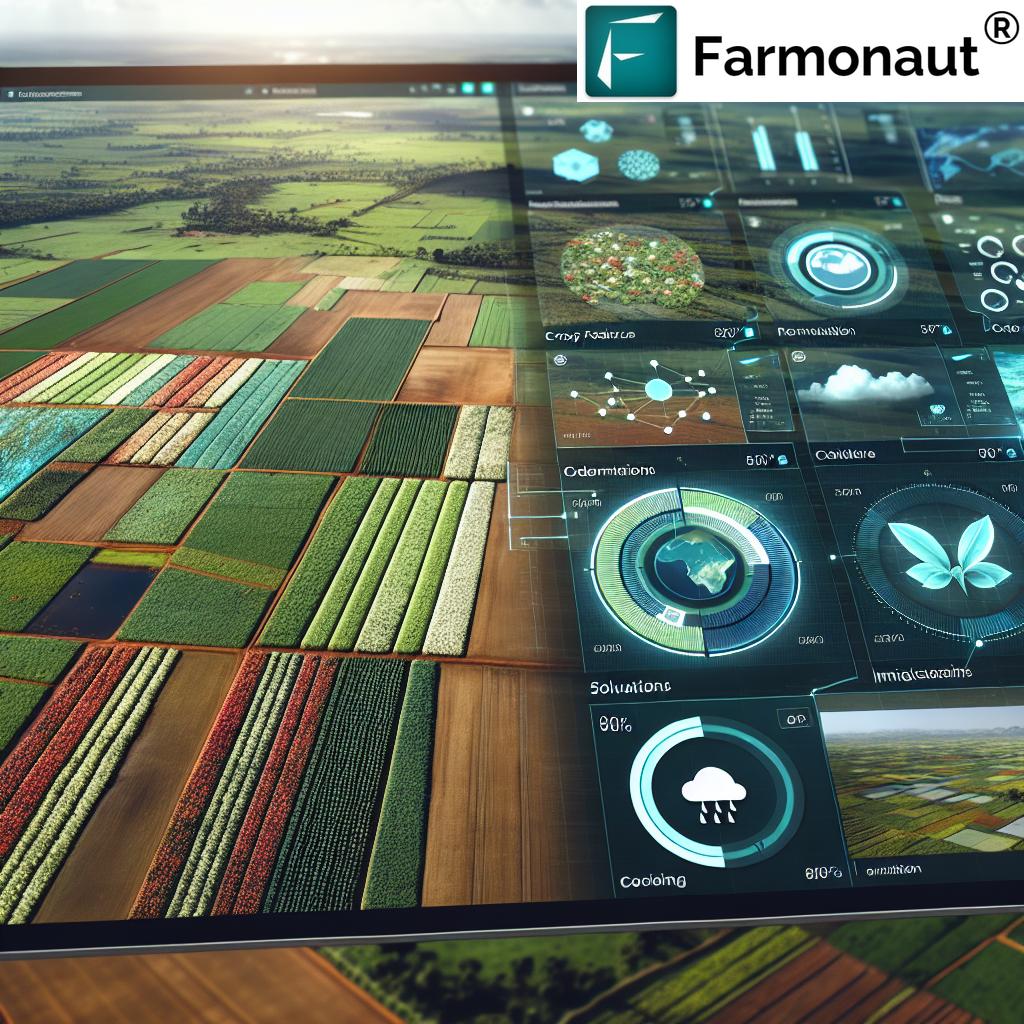“Chinese agtech investment in Liberia surged by 32% in August 2025, spotlighting rapid sector modernization and innovation.”
Agtech Investment News August 2025: Chinese Invests Liberia
In August 2025, the landscape of agricultural investment in Liberia witnessed a transformative moment. We saw a significant ramp-up of Chinese involvement—both in terms of capital and technological know-how—in the country’s agriculture sector. This agtech investment news August 2025, Chinese investment Liberian agriculture, reflects not just a singular event but a wider trend: the increased flow of foreign capital into Africa’s farming industries, underpinned by technological innovation and strategic partnerships designed to accelerate sustainable food production and trigger economic growth.
Liberia: The Untapped Agricultural Frontier in West Africa
Liberia, strategically located in West Africa and home to vast arable land and a favorable climate, has long been recognized as an untapped agricultural frontier. The country, historically reliant on traditional farming methods, is now poised to transform its agricultural framework through a series of technology-driven initiatives supported by international investors—predominantly Chinese.
- Key Agricultural Strengths: Large tracts of underutilized arable land, suitable for diverse crop production (cocoa, rubber, palm oil, rice).
- Climate: Ample rainfall and optimal tropical conditions ideal for both staple and export-oriented crops.
- Current Challenges: Poor infrastructure, post-harvest losses, and fragmented supply chains.
The influx of Chinese investments comes at a pivotal moment for Liberia. Foreign capital is now being structured around the deployment of advanced agritech solutions—from smart irrigation systems and soil sensors to drone-based crop monitoring and automated processing facilities. The aim: to enhance productivity, resource efficiency, and climate resilience across the country’s agricultural sector.
“Liberia’s agricultural tech sector attracted over $50 million in new investments during August 2025, fueling sustainable growth.”
Chinese Agtech Investments: Trends, Strategies, and Sector Dynamics
The Chinese investment Liberian agriculture surge in August 2025 is unmistakable. Chinese firms, many of which are either state-backed or affiliated with major conglomerates specializing in agtech and advanced farming solutions, have begun to capitalize on Liberia’s strategic position within West Africa.
Key Trends in Agtech Investment News August 2025
- Increasing Foreign Capital Flow into Africa: The landscape witnessed a significant year-on-year increase in foreign investments in agriculture—particularly from China. This flow of capital is underpinned by a dual aim: agricultural modernization and building strategic food reserves and supply chains.
-
Use of Advanced Agtech Tools: Chinese-backed investments are focused on deploying smart irrigation systems, multispectral soil sensors, drone-based crop monitoring, and automated post-harvest processing.
These tools contribute directly to reducing post-harvest losses—which previously hindered the sector—and boosting crop yield quality. - Technological Integration Across Value Chain: Investments now integrate not only capital but technological know-how, new infrastructure, farmer training, and capacity building among local farmers and agribusinesses.
- Strategic Partnerships & Alliances: Chinese involvement aligns with broader geopolitical strategies, like the Belt and Road Initiative, aiming to secure food supplies and influence within West Africa.
- Commitment to Sustainability: Most initiatives are explicitly aimed at boosting resource efficiency, supporting reforestation, water conservation, and promoting renewable energy use in farming operations.
Chinese Investment Model in Liberian Agriculture
- Structured Around: Deploying advanced agritech infrastructure within both smallholder farms and large plantations
- Multi-Stakeholder Approach: Combining Chinese capital, local government incentives, and Liberian farmer participation
- Capacity Building: Ongoing farmer training and local upskilling to ensure long-term technology adoption
- Infrastructure Investment: Improving rural roads, storage, irrigation canals, and power distribution using investment funds
Technological Innovation and Sustainable Development in Liberian Agriculture
A defining element of agtech investment news August 2025, Chinese investment Liberian agriculture is the scale and sophistication of technological advancements being deployed across Liberia. This new phase of development aims to transform the country’s agricultural framework from traditional methods to advanced, tech-enabled systems.
Key Technologies Deployed by Chinese Investors
- Smart Irrigation Systems: Automated drip and sprinkler systems ensure optimal water use, especially during the dry season, increasing climate resilience and yield.
-
Soil Sensors & Precision Agriculture Tools:
- Multi-layer data collected from soil sensors enables targeted application of water and fertilizers
- Precision technologies reduce waste and enhance crop quality
-
Drone-Based Crop Monitoring:
- Real-time satellite and drone imagery identify plant health issues and optimize land use
- Drones enable rapid assessment over vast agricultural tracts, promoting efficient scaling across regions
-
Automated Processing & Storage Facilities:
- Modern storage, sorting, and packaging centers reduce post-harvest losses
- Automation improves labor efficiency and crop quality for export markets
-
AI & Data Analytics:
- Yield forecasting and risk modeling support local farmers in making informed decisions
- Synergy between AI-driven insights and on-ground agronomic practices
How Chinese Agtech Investments Enhance Productivity & Sustainability
- Efficient Resource Management: Innovative agritech tools significantly improve water and nutrient management, critical in Liberia’s diverse climate.
- Reduced Losses: Implementation of precision harvest and post-harvest systems dramatically reduces wastage.
- Boosted Yields & Export Potential: Through data-driven, climate-adaptive agricultural practices, Liberia increases both food security and economic opportunities for export crops, especially cocoa, palm oil, and rubber.
-
Environmental Impact:
- Water-saving irrigation and reforestation initiatives strengthen ecosystem resilience
- Transition to renewable energy in agri-processing facilities lowers carbon footprint
For broader, cost-effective, and advanced farm monitoring, our satellite technology at Farmonaut enables agribusinesses, governments, and even smallholder farmers to harness capabilities in crop monitoring, yield assessment, soil and environmental analytics—with seamless access via  for desktop or
for desktop or  Android and
Android and  on iOS.
on iOS.
Advanced users and developers benefit from our powerful API Access, which provides up-to-date satellite data and analytics integration for enterprise and scale-driven projects. To know more: API Developer Docs.
Agtech Investment Overview Table: Liberia, August 2025
Below you’ll find an Agtech Investment Overview Table that showcases recent investments, including those from Chinese investors, announced or initiated in August 2025. This table summarizes estimated values, targeted sectors, and the projected impact of each deal, reflecting the agtech investment news August 2025 momentum.
| Investment Source | Est. Investment (USD) | Targeted Agricultural Sector | Key Innovations Introduced | Timeline | Projected Impact |
|---|---|---|---|---|---|
| China | $34M | Rice, Palm Oil, Mechanization | Precision irrigation, remote drone monitoring, automated processing | Q3 2025–Q4 2026 | 25% yield increase, 50,000 hectares |
| EU | $8M | Cocoa Export | Blockchain traceability, sustainable farming practices | Q3 2025–2027 | 15% export increase, improved compliance |
| USA | $5M | Rubber Plantations | Satellite-based crop monitoring, logistics optimization | August 2025–2026 | 20% operational efficiency gain |
| China | $18M | Cassava, Smallholder Transformation | Mobile AI advisory, renewable energy integration, micro-irrigation | August 2025–2027 | 19% yield jump, rural income up |
| Private African Consortium | $6M | Agri-Processing & Storage | Cold storage, digital logistics networks | August 2025–2028 | 30% reduction in post-harvest losses |
Liberian Government Support & Strategic Incentives
The Liberian government has played a critical role in actively courting foreign—specifically Chinese—investors. Through new policies and fiscal incentives, the enabling environment for agtech advancement has been further strengthened:
- Attractive Tax Breaks: Targeted for agtech projects, especially those offering demonstrable gains in productivity and sustainability.
- Streamlined Regulatory Approvals: Reduced bureaucracy for quicker project launches and scaling.
-
Commitments to Rural Infrastructure:
- Road improvements connecting rural farms to export terminals
- Investment in modern storage, renewable energy, and irrigation networks
- Capacity-Building Mandates: Investors are encouraged and incentivized to offer technology transfer and local upskilling.
These initiatives facilitate synergy between government, private sector, and local farmers—ensuring that Chinese investment and technology reach across different farm scales and benefit broad segments of the Liberian rural economy.
Sectoral Impact: Productivity, Value Chain, and Sustainability
Early Signs of Change: Investment and Output in 2025
- Crop Yields: Initial figures indicate a significant yield increase on pilot farms—especially where smart irrigation and soil sensor systems are deployed.
- Incomes & Employment: Farmgate prices have improved as quality rises; strong agtech adoption supports higher farm incomes and the creation of agri-tech jobs.
- Value Chain Transformation: Storage, logistics, and agriprocessing industries are receiving investment spillovers, making Liberia a more attractive export base.
-
Environmental Sustainability:
- Water conservation practices are being reinforced through government policy and investor safeguards.
- Renewable energy-powered tools, such as solar irrigation pumps and electric tractors, are being piloted in large plantations.
Scale: From Large Plantations to Smallholder Farms
- Large, export-oriented plantations benefit from integration of processing, monitoring, and logistics systems.
- Smallholder farms—which form the backbone of Liberia’s rural economy—have access to AI-driven mobile advisory, affordable soil sensors, and community irrigation systems via pooled infrastructure models supported by investor funding.
Challenges, Opportunities, and Considerations for Sustainable Agtech Growth
While the trajectory set in 2025 positions Liberia as a model for technology-enabled agricultural transformation, several challenges and opportunities should be carefully considered across the sector:
- Equitable Technology Access: Ensuring that benefits of agtech investments reach all segments of farming communities, and not just the larger or more commercial operations.
- Socio-Political Dynamics: Local buy-in and farmer inclusion remain critical to adoption; careful navigation of land tenure issues and community expectations bolsters project success.
- Risk of Over-Reliance on Foreign Capital: Strategic co-investment from regional and local sources ensures more sustainable sector growth and reduces dependence on any single investor group.
- Skills Development: Capacity-building initiatives must keep pace with technology deployment, ensuring that local agripreneurs and extension officers can troubleshoot, repair, and adapt advanced systems.
- Environmental Impact Management: Agtech deployment should align with Liberia’s long-term conservation and climate adaptation priorities.
Ultimately, responsible, well-structured investments that combine technological innovation with local capacity-building will catalyze a more robust and future-proof agricultural sector in Liberia.
-
Product Traceability Solutions:
To support transparent and secure supply chains, our blockchain-based traceability product ensures that every crop, from field to export, is tracked for quality, authenticity, and sustainability. -
Large-Scale Farm Management Tools:
Managing hundreds or thousands of hectares with modern agtech? Streamline field mapping, resource allocation, and remote monitoring using our Large Scale Farm Management App. -
Carbon Footprinting:
Capture, monitor, and verify the carbon footprint across your agri operations using our affordable, scalable carbon footprinting solution. -
Crop Loan & Insurance Verification:
For those seeking agricultural finance, our secure satellite-based crop loan and insurance verification streamlines access to capital, reducing fraud by offering objective proof of farm assets and productivity. -
Crop Plantation & Forest Advisory:
Get actionable, AI-based insights on land suitability and plantation strategy with our plantation and forestry advisory tools.
How Farmonaut Supports Modern Agtech Transformation
We at Farmonaut are dedicated to accelerating the adoption of advanced, cost-effective agtech tools across Africa, including in Liberia. Our mission is to make satellite-driven insights accessible to every segment of the farming community, from smallholder to corporate agribusiness and government institutions.
What Do We Offer?
-
Satellite-Based Monitoring:
Multispectral analysis of crop health, soil conditions, and infrastructure—empowering evidence-driven decisions. -
AI & Mobile Advisory:
Our Jeevn AI system combines satellite, weather, and historical farm data to provide real-time, tailored guidance. -
Blockchain Traceability:
Ensure transparency and trust throughout the agricultural chain. -
Fleet & Resource Management:
Real-time tracking and analytics for machinery, logistics, and resource allocation. -
Environmental Compliance:
Automated carbon and resource impact reporting to help operations remain sustainable—and competitive.
No matter your scale—individual grower, agribusiness, or policy-maker—you can deploy these technologies using our user-friendly apps or custom APIs.
Try Farmonaut’s subscription solutions below:
FAQ: Agtech Investment News August 2025 & Chinese Investment Liberian Agriculture
Q1: Why did Chinese agtech investments ramp up in Liberia in August 2025?
The surge in Chinese investments is closely linked to global food security strategies, the need to secure supply chains, and the opportunity to modernize large tracts of Liberia’s arable land with advanced technology. August 2025 marked a period of policy clarity from the Liberian government, alongside attractive incentives and new agtech advances.
Q2: What are the main technologies introduced by Chinese firms in Liberia’s agriculture sector?
Notable interventions include smart irrigation systems, precision soil sensors, AI-driven advisory solutions, drone-based monitoring, and automated crop processing facilities. These enhance yield, reduce losses, and promote sustainability.
Q3: How is the Liberian government supporting this sectoral transformation?
Through tax breaks, streamlined regulatory approvals, infrastructure investments (roads, storage, rural electrification), and mandates for capacity-building among local farmers and agripreneurs.
Q4: Are the benefits limited to large farms, or do smallholders gain too?
Benefits are designed to scale across both large plantations and smallholder farms, with Chinese investments earmarking resources for technology dissemination, local training, and shared infrastructure.
Q5: Does Farmonaut offer solutions relevant to African farmers and agribusinesses?
Absolutely. We provide a wide range of satellite-driven tools for monitoring, resource management, traceability, and environmental compliance. These services are accessible to users—from individual farmers to large organizations—across Africa and globally.
Q6: How can agtech contribute to sustainable development in Liberia?
By maximizing resource efficiency, reducing waste, improving climate resilience, and enabling environmentally friendly practices, agtech investments promote long-term economic vitality and sustainable rural livelihoods.
Conclusion: The Future of Agtech Investment in Liberia and Africa
In summary: August 2025 will go down as a watershed moment for agtech investment news August 2025, Chinese investment Liberian agriculture. Liberia’s agricultural landscape is now being shaped by the synergy of smart investments, robust public policy, and cutting-edge technology. The ongoing surge in Chinese involvement not only accelerates sectoral modernization but also provides a template for other resource-rich African nations seeking sustainable growth and food security.
-
Key Takeaways:
- Targeted agritech interventions—like AI, smart irrigation, and blockchain traceability—directly address inefficiencies that have long hindered Liberia’s agricultural productivity.
- The public-private partnership framework, fuelled by foreign capital and government-backed incentives, ensures scalability and sustainability.
- With the right policy, capital, and technology mix, Liberia could establish itself as the region’s next agricultural powerhouse, expanding food supplies—both for domestic consumption and exports.
- The importance of sustainability, climate adaptation, and capacity-building cannot be overstated as agriculture becomes more digital and globally connected.
As we look towards the next decade, the integration of agtech, strategic foreign investments, and local capacity building will be central to agriculture-led economic growth, food security, and sustainable development not only for Liberia, but also for West Africa as a whole. For stakeholders across the agriculture value chain, this is the moment to leverage the momentum of agtech investment news August 2025 and drive the transformation of Africa’s agricultural future.

